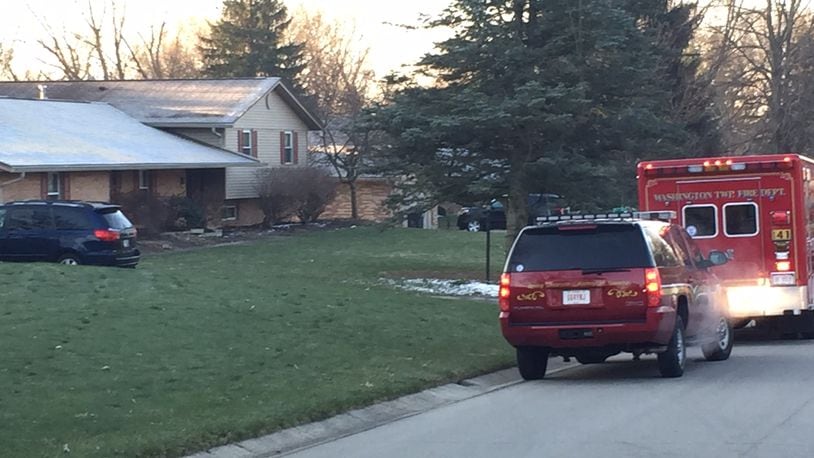MORE COVERAGE:
» LATEST: Centerville pilot used drugs for 2-3 years before OD death, report says
» IN-DEPTH: Spirit Airlines struggled with drug tests before Centerville pilot's death
» FEDERAL AUDIT: Inspector General to review Centerville pilot’s overdose death
A Dayton Daily News investigation into Captain Halye’s death posed even more unanswered questions.
In June, the Daily News revealed the Federal Aviation Administration sent a letter to Spirit Airlines four days after Halye died. The letter said the government “recently discovered” a Spirit Airlines employee was selected for random drug testing in late 2015, but was never tested.
The newspaper obtained the letter from the FAA using the federal Freedom of Information Act. But citing a “personal privacy” exemption, the FAA redacted key information from the letter: The pilot’s name.
“To have a person selected for testing and he missed it, that raises a red flag,” Tom Haueter, retired director of the National Transportation Safety Board, Office of Aviation Safety, said in June. “Why would this guy miss testing? Did he slip through the cracks?”
In June, the Daily News filed an appeal with the FAA seeking the redaction be overturned. Then in August, after receiving more documents from the FAA that redacted the name of a male pilot who was not tested, the newspaper filed an additional appeal.
An analyst in the FAA’s FOIA office on Wednesday said the appeals are “in various stages of review.”
In July, the Department of Transportation Office of the Inspector General confirmed it opened an audit into the FAA’s Drug Abatement Division, the office that oversees the aviation industry’s compliance with drug and alcohol testing regulations.
“They are still fairly early on in their work,” OIG spokesman Eric Weems said Wednesday.
The Inspector General report is scheduled to be released in summer 2018. OIG Program Director Tina Nysted said the audit will include a review of Halye’s death, which the office learned about through newspaper reporting.
SPECIAL REPORT: Spirit Airlines pilot’s likely overdose death raises safety questions
Brian Halye, 36, and Courtney Halye, 34, were found dead by their four children March 16 after overdosing on carfentanil — heroin’s much stronger cousin — and cocaine, according to police and the Montgomery County Coroner’s Office.
Spirit officials have not publicly disclosed the last time the airline drug-tested Halye, whose last flight was six days before his death. The airline did not respond to a request for comment this week, but in previous stories a spokesman defended the airline’s testing program.
“Today’s program meets all FAA requirements and in some cases exceeds those requirements,” Spirit Airlines spokesman Paul Berry said in July. “If the audit results in new drug testing requirements by the FAA in the future, we will always take steps to ensure we remain compliant with those requirements.”
Spirit is the nation’s ninth-largest and fastest-growing airline. It does not fly out of Dayton, but has daily flights from Akron-Canton, Cleveland and Detroit.
I-TEAM: The nation’s largest airline pilots union fought drug testing for decades — and still does
About the Author
